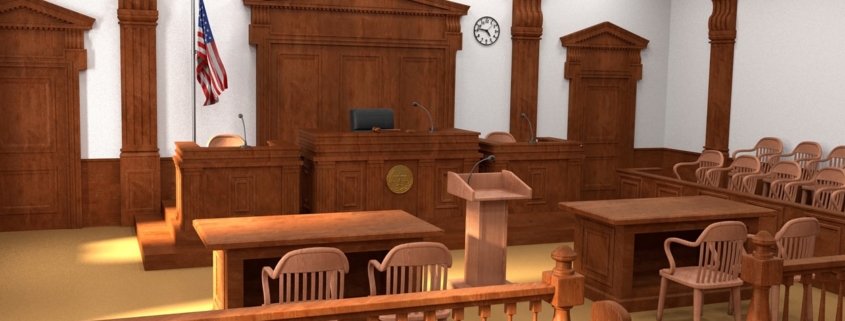Are Personal Injury Settlements Considered Marital Property in a Divorce?
When you get divorced, you may feel like everything you own is at stake. If you are going against an adversarial soon-to-be-ex-spouse, that may be the case. If you have received a personal injury settlement or stand to receive one before your divorce is final, you may wonder what will happen to it. Does it get split 50/50 with your ex-spouse? Is it all yours? The fact is that the truth lies somewhere in the middle, depending on the specifics of your case.
For help with your family law needs, reach out to Haygood, Cleveland, Pierce, Thomspon & Short at 334-821-3892.
What Alabama State Law Says
Alabama, like many other states, uses the concept of “equitable distribution” when splitting up marital assets. Rather than simply giving each spouse half of what was earned or accumulated in the marriage, they attempt to split assets in a way that accounts for differences in income, earning abilities, non-marital assets, health, and more. Only marital assets are subject to the rules of equitable distribution; if an asset is determined to be non-marital, you get to keep it entirely to yourself.
What is Considered a Marital Asset?
The issue is that personal injury settlements cover a wide range of losses, some of which affect only the injured individual and some of which affect both the injured individual and their spouse. Because of this, some parts of a personal injury settlement may be subject to division in a divorce and some parts are considered individual property.
So, what parts of a personal injury settlement may be divided during divorce? Examples include:
- Money that went toward medical expenses. Medical expenses can be a significant drain on a couple, and payments set aside for medical expenses are likely marital property since both parties may be held liable for medical bills.
- Money for lost income and wages. Whether one spouse works or both spouses are employed, the sudden loss of an income hits hard. Money used to compensate an individual for their loss of income following an injury is often marital property because it is used to support both parties through the time of injury.
- Payment for loss of spousal support. Sometimes, personal injury settlements offer payment for the injured individual’s spouse. When an individual cannot provide emotional support or other types of support to their partner, compensation for that loss is for both parties.
What is Considered a Non-Marital Asset?
Several parts of a personal injury settlement compensate the injured individual for losses that they bore alone. Types of compensation that may not be considered marital property include:
- Payments for disability or disfigurement. When an individual is permanently disabled or disfigured because of an accident, the courts often consider that to be their loss alone. A spouse may not be able to touch this part of the settlement during divorce.
- Pain and suffering compensation. The pain and suffering you experience in an accident cannot be felt by a spouse, no matter how empathetic they may be. For that reason, pain and suffering compensation is typically not marital property.
- Compensation for job training. If an injured individual needs additional job training to get back to work after an injury, the funds allotted to that are typically not considered a marital asset.
- Future medical expenses. Assuming that each party will be responsible for their own insurance after the divorce, it makes sense that the injured individual would receive all money for their own future medical costs.
Why You Need a Divorce Attorney
Alabama law is not black-and-white on the division of personal injury settlements in divorce. Because of this, you need an experienced divorce attorney who can fight to protect what is yours. Otherwise, you could find yourself losing much of what is rightfully yours, simply because your ex-partner hired an attorney and you did not. Even if the divorce is currently amicable, emotions run high during this process and you could find yourself going against a partner who is determined to get as much as possible out of you.
Reach Out to Haygood, Cleveland, Pierce, Thompson & Short Today
Do you need help protecting your personal injury settlement during a divorce? Let us help. Call our team at 334-821-3892 or get in touch with us online.





 How Fault Affects Property Division
How Fault Affects Property Division
 student loan divorce
student loan divorce 




Leave a Reply
Want to join the discussion?Feel free to contribute!